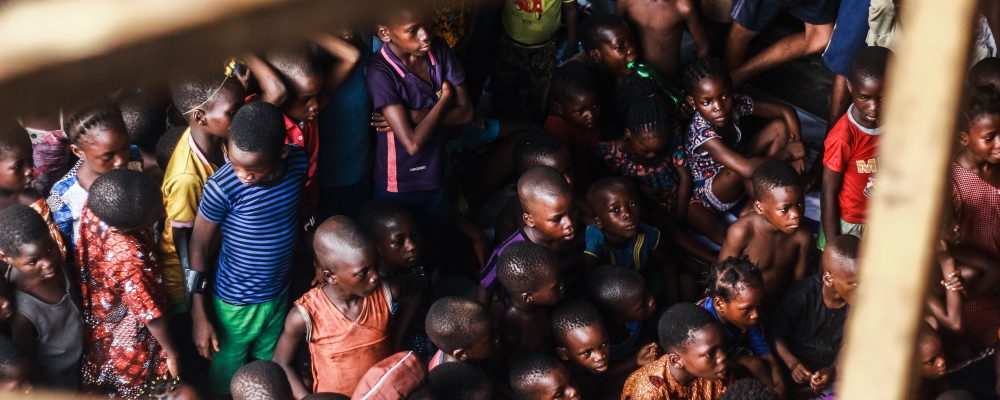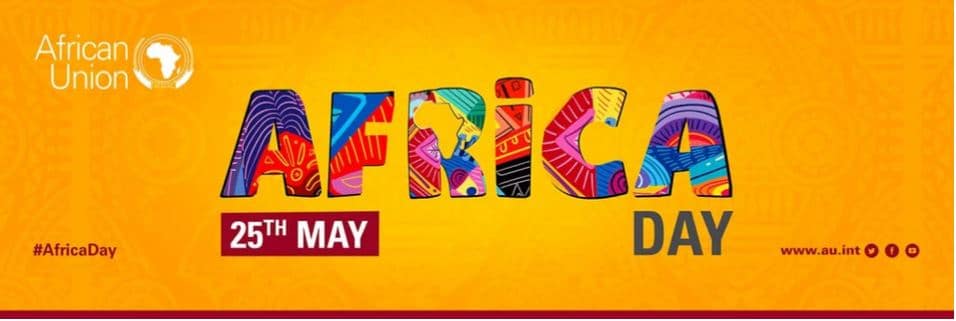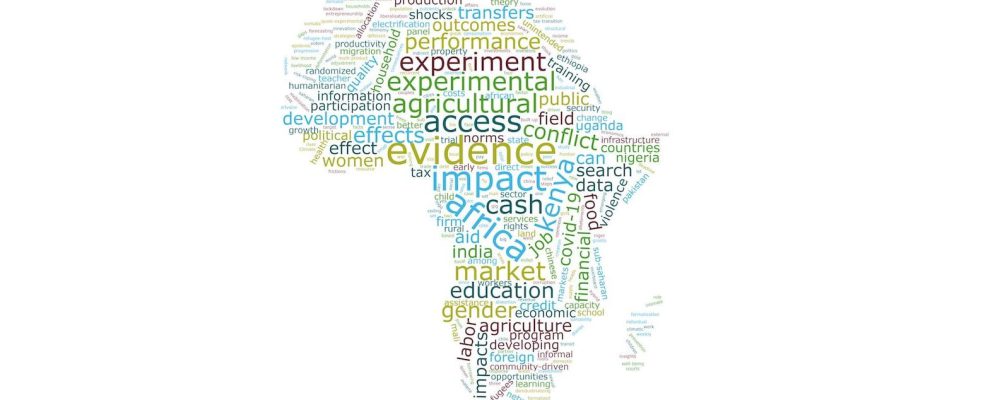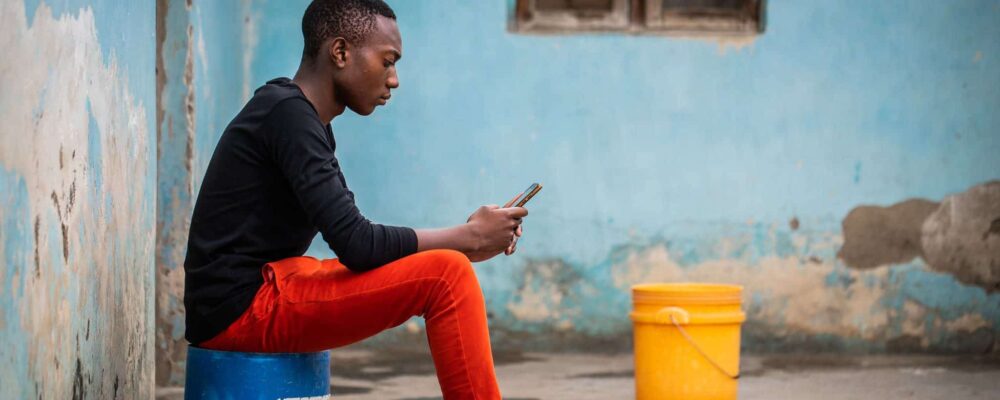
In 2019, sub-Saharan Africa will continue to have the fastest-growing mobile economy in the world, states GSMA’s recently-released report The Mobile Economy: Sub-Saharan Africa 2019. Figure 1 predicts that sub-Saharan Africa will add an additional 167 million unique mobile subscribers in the period between 2018 and 2025, reaching a total mobile subscriber base of 623 million in 2025, or around half of Africa’s population. The report states that around half of these new mobile subscribers will likely come from Nigeria, Ethiopia, the Democratic Republic of the Congo, Tanzania, and Kenya.
Figure 1: Sub-Saharan Africa’s unique mobile subscribers, 2012-2025

Source: The Mobile Economy in Sub-Saharan Africa 2019. GSMA 2019.
This growth in unique mobile subscribers will be mirrored by growth in the mobile ecosystem’s contribution to sub-Saharan Africa’s economy. In 2018, mobile technologies and services contributed to 8.6 percent of Africa’s GDP, or around $144 billion. This number includes the direct contribution of the mobile industry, indirect contributions from other sectors that benefit from mobile industry activity, and increases in economic productivity due to mobile activity.
Figure 2 shows that mobile’s contribution to economic growth will continue to grow in all of these areas through 2023, when the mobile industry will contribute almost $185 billion, or 9.1 percent of GDP, to Africa. The majority of this contribution will occur through improvements to productivity brought by increased adoption of mobile services. The mobile industry will also continue to be a major employer; already in 2018, the report states that almost 500,000 people were formally employed in the mobile industry and 1.2 million people informally employed, mostly in distribution and retail of mobile services.
Figure 2: The economic contribution of mobile in sub-Saharan Africa, 2018-2023 (billions of USD, % of GDP)
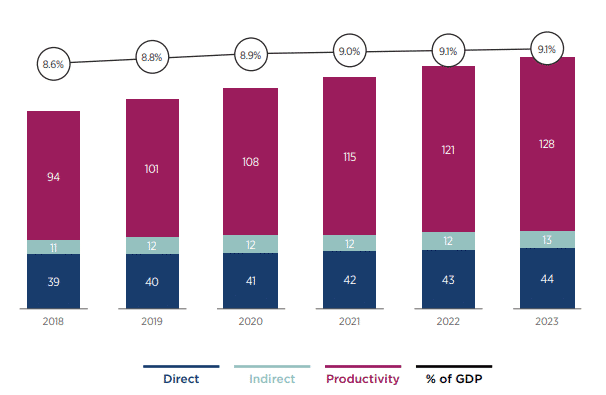
Source: The Mobile Economy in Sub-Saharan Africa 2019. GSMA 2019.
Despite encouraging growth statistics, mobile inclusion remains a challenge across the continent. More than three quarters of the population—over 800 million people—remained offline at the end of 2018. Among this group, Figure 3 shows that about 300 million lack mobile coverage, while an additional 500 million have mobile coverage but do not subscribe to mobile internet. Improving mobile inclusion is important, as mobile technology can play a large role in development and economic progress. Mobile connectivity can, for example, enable better delivery of and access to services such as education, health, and financial inclusion. The report states that mobile has the potential to play a particularly large role in development in Africa, where it is more difficult to provide services using conventional means because of infrastructure and funding gaps.
Figure 3: Gaps in mobile inclusion in sub-Saharan Africa (% of population)
(MBB stands for mobile broadband)
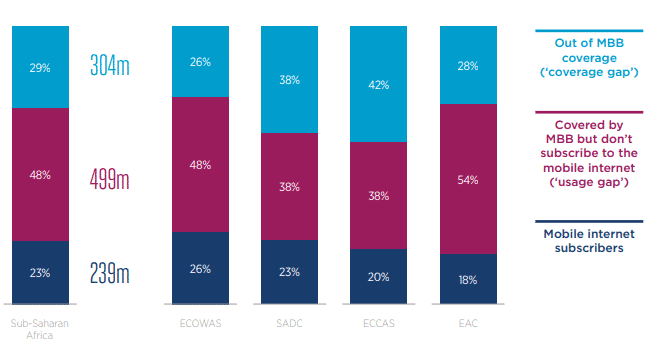
Source: The Mobile Economy in Sub-Saharan Africa 2019. GSMA 2019.



